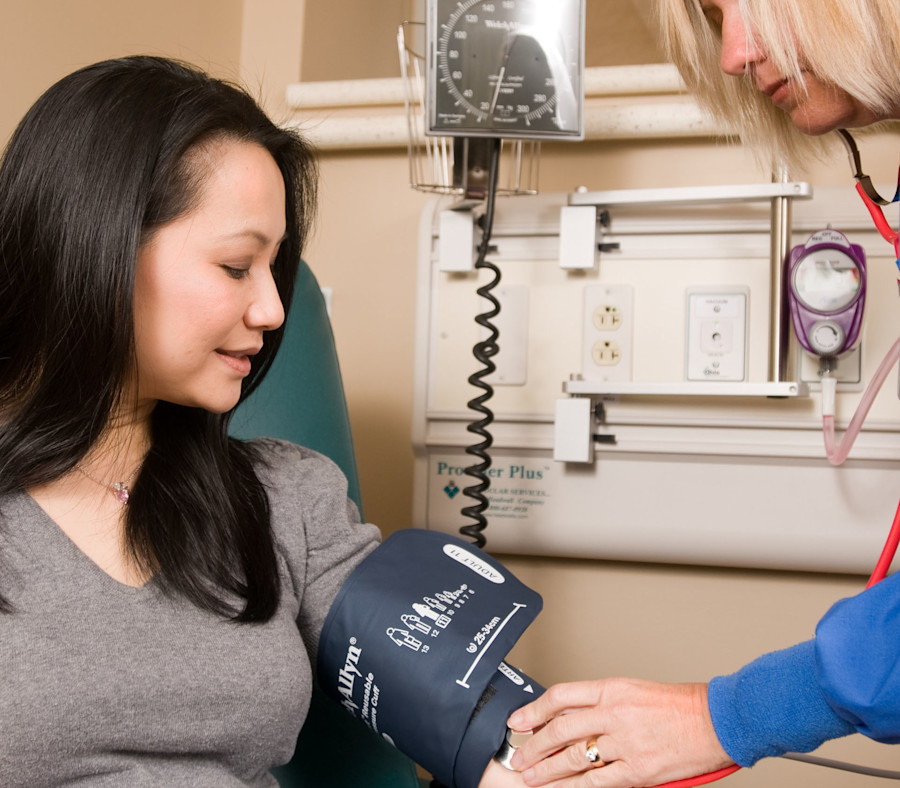The Health Care Complaints Commission (HCCC) recently released its 2020-21 annual report, revealing continued year-on-year growth in complaints. According to the report, there was an increase in the number of complaints referred to investigation, with treatment remaining the most common issue, while COVID-19-related complaints emerged as a new theme.
The HCCC is an independent government body that manages complaints about all health service providers and practitioners in New South Wales. Learn more about the report findings below.
Number of complaints
The HCCC received 8,702 complaints, representing a 10.8% increase from the previous year, continuing the trend of year on year increases. Throughout the year the HCCC:
- commenced 546 new investigations, with 80% finalised in less than 12 months; and
- referred 179 complaints for disciplinary action with a 98.1% success rates.
In 2020-21, there were 676 complaints concerning COVID-19. The HCCC reported a significant increase in COVID-19-related complaints in June 2021, which coincided with the impact of the “delta strain” in New South Wales. The number of complaints related to COVID-19 has intensified since that time.
What issues arose?
Complaints often raised multiple issues, the most common of which included treatment (45.9%) and issues concerning the professional conduct of the health service provider (19.3%). This is consistent with previous years.
COVID-19 complaints raised four common themes:
- vaccinations,
- testing,
- COVID-19 rules,including objections to quarantine and lockdown, and access to health services and support persons during hospitalisation and in aged care, and
- practitioner conduct, including working with COVID-19 symptoms, infection control, anti-vaccination protesting or social media activity.
Who are complaints brought against?
Medical practitioners received the most complaints during the reporting period, with 53.5% of all complaints concerning individual health practitioners directed to a medical practitioner. Nearly half of the complaints against medical practitioners concerned practitioners in general practice i.e. care in a medical centre, by a GP or at a residential facility. Following medical practitioners, the professions that received the most complaints were nurses/midwives, dental practitioners, pharmacists and psychologists.
COVID-19 complaints were more likely to be directed to health organisations than individuals, and nearly a third of all COVID-19 complaints against health organisations were about public hospitals.
How were complaints resolved?
Over 43% of complaints were discontinued with a further 12.4% discontinued with comments. About one in six complaints (17.2%) were referred to the relevant professional council.
Notably, the number of investigations commenced by the HCCC during the report period increased by 38.9% when compared with the previous year. Of those complaints assessed 6.2% were referred to investigation compared with the typical result of around 5%.
The HCCC identified three reasons for this increase.
- An increase in the number of complaints referred by the Pharmacy Council of NSW and the Nursing and Midwifery Council of NSW following immediate action determinations under section 150D of the Health Practitioner Regulation National Law (NSW).
- Some practitioners being the subject of multiple investigations.
- An increase in the number of complaints against unregistered practitioners.
The majority of COVID-19 complaints were discontinued, either with or without comments. Of the 52 complaints referred to professional councils, the HCCC reported that "a significant proportion" arose from breaches of social media protocols by practitioners.
Even though most complaints are still resolved without further action, the uncertainty can be stressful and the process of preparing a response can be time consuming. If you receive a HCCC complaint, talk to your professional association or professional indemnity insurer about obtaining legal assistance. Enquiries about this article or the HCCC complaints management framework can be directed to the Lander & Rogers Health Law Team.
All information on this site is of a general nature only and is not intended to be relied upon as, nor to be a substitute for, specific legal professional advice. No responsibility for the loss occasioned to any person acting on or refraining from action as a result of any material published can be accepted. Lander & Rogers is furthermore committed to providing legal advice and content that is factual, true, practical and understandable. Learn more about our editorial policy.
 Client portal
Client portal












